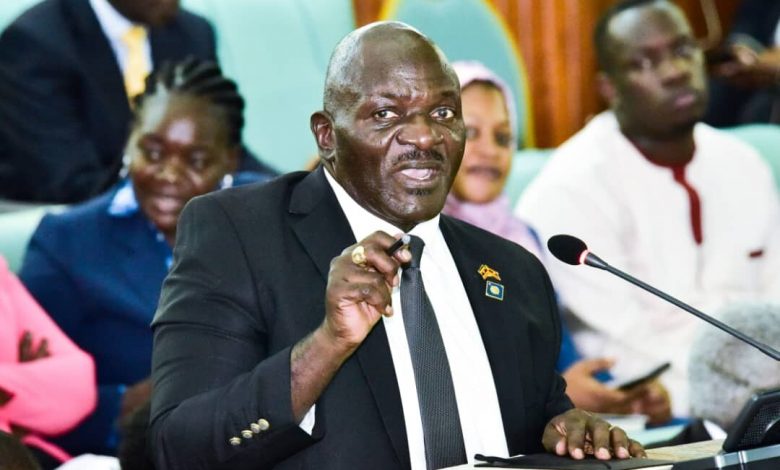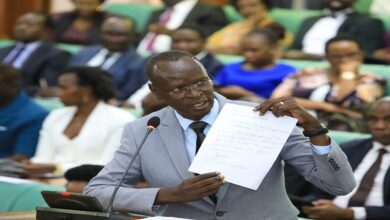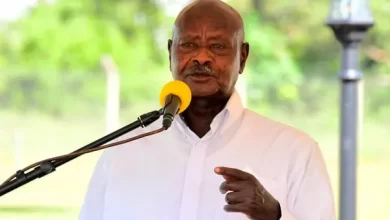Minister blames countrywide poor road conditions on delayed release of money
Katumba’s revelation is contained in a statement on the Status of National Roads he presented on the flow of parliament Wednesday afternoon.

The Minister of Works and Transport, General Katumba Wamala, has attributed the continued deterioration and poor condition of roads in the country to the budget suppression in the Financial Year (FY) 2021/2022 and inadequate release of budgeted funds in Q1 of this FY 2022/2023.
Katumba’s revelation is contained in a statement on the Status of National Roads he presented on the flow of parliament Wednesday afternoon.
The statement highlights that the road network gains and development of several roads across the country are likely to be lost in a short time if adequate resources are not committed to maintenance.
According to Katumba Wamala, a total of seven road rehabilitation projects covering a total distance of 324 Km were substantially completed in the FY 2021/2022, however, they still have outstanding payments such as retention funds as in accordance with the contractual terms amounting to approximately UGX 5Bn.
Some of these roads Include:
- Namunsi – Sironko – Muyembe – Kapchorwa Road (65km) phase I and II.
- Masaka Town Roads (7.3 km).
- Nakalama -Tirinyi – Mbale (99.3km) including lganga, Busembatia, Namutumba Town roads and Mbale City roads
- Fort portal – Hima (55 km).
- Kyenjojo – Fort Portal.
- Hima – Katungru and Kasese town roads (4.5km) and Hima Service Roads (1.5 km).
“Currently, there are twenty ongoing road upgrading projects (upgrading to paved standards) across the country, covering a total length of 1,083km with a committed funding requirement of approximately UGX1.8 trillion. The upgrading road projects are at different levels of Implementation,” he explained.
While highlighting the national roads maintenance strategy, the minister explained that under the normal maintenance of paved roads, it is desirable to undertake preventive maintenance in accordance with the operation and maintenance Plan, prepared for each road after the completion of upgrading work, to enable service their design life.
The report read by the minister shows an estimated cost of each maintenance intervention as follows:
- Routine Maintenance – USD 2,500 to USD 5,000 per km.
- Spot Periodic Maintenance – USD 51,000 to USD IOO, OOO per km)
- Full Periodic Maintenance – USD 170,000 to USD 3OO, OOO per km
- Rehabilitation – USD 600,000 to USD 700,000 per /km
He noted that it is evident that for every delayed maintenance intervention, the cost of the next intervention Ievel becomes exponential in a short time. Hence it takes about 2-3 years for a road to fall from periodic maintenance to rehabilitation level increasing the cost of intervention by 4 to 7 times.
Citing Kampala as one of the regions in the country, Simon Kasyate the head o Public and Corporate Affairs at KCCA, once noted that Kampala has 2,100km of roads and only less than 700km of these are paved.
But even if these 700km, the vast majority were paved in the 1960s and have had more than their fair share of repair hence just need to be redone.






